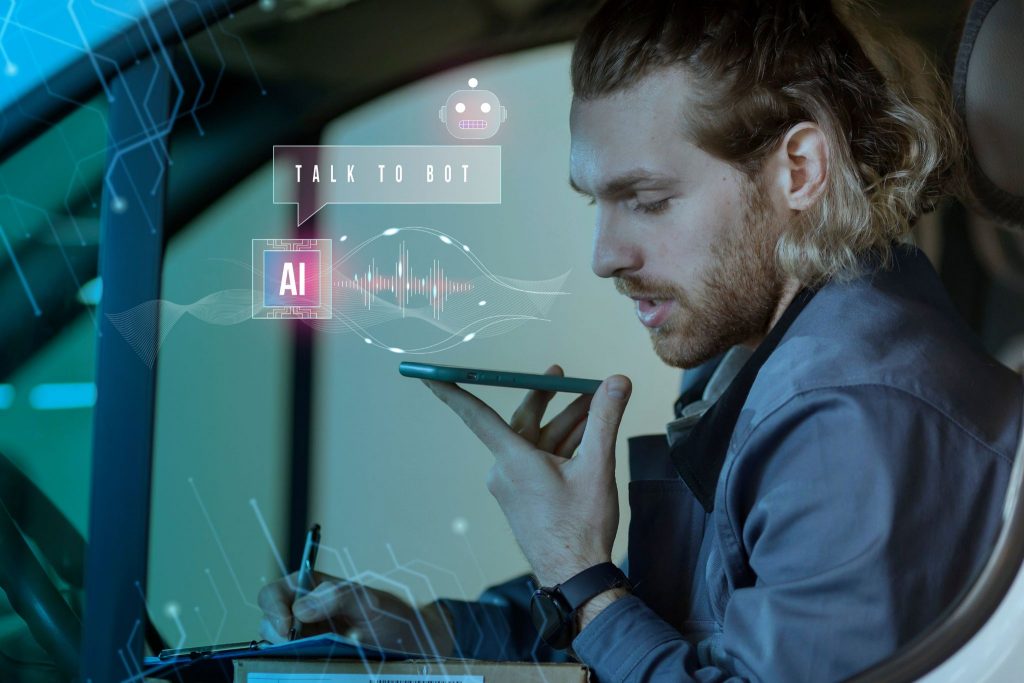Ensuring that artificial intelligence (AI) is ‘secure by design’ and established on solid foundations poses a significant challenge in the cybersecurity space. As AI becomes increasingly pervasive across various technological domains and is integrated into critical systems, the imperative of ensuring secure design and deployment becomes paramount. Neglecting this aspect can potentially expose individuals and systems to harm, risking personal safety and compromising sensitive data. Reflecting on the early days of the internet in the 1990s, where security considerations were often an afterthought during the rapid deployment of new technologies such as the World Wide Web, web browsers, and early search engines, we continue to grapple with vulnerabilities stemming from inadequate security measures. The presence of vulnerabilities in core email and web protocols serves as a stark reminder of the consequences of neglecting security in technology development.
As AI technologies proliferate, several significant risks emerge that could render our technology ecosystem more vulnerable. Primarily, if security remains a secondary consideration in developing AI systems, it could result in the inadvertent incorporation of vulnerabilities into new systems. Additionally, the evolution and innovation of existing technology stacks required for AI development may exacerbate pre-existing vulnerabilities and introduce new ones. Supply chain security remains critical in the integration of AI into technology stacks, necessitating comprehensive security measures across the entire technology lifecycle. This entails organizations adopting a holistic approach to security, encompassing the underlying infrastructure, supply chains, and not merely focusing on the AI component. Consequently, security must be prioritized as a business imperative within the supply chain of emerging technologies rather than being treated solely as a technical feature.
Risks associated with Machine Learning
Most AI applications rely on machine learning (ML) techniques, enabling systems to autonomously learn from data with minimal human intervention. However, the utilization of ML introduces its own set of risks. Training AI models using ML algorithms necessitates vast amounts of data, yet there exists no inherent mechanism to filter out erroneous or malicious data. Consequently, biases, inaccuracies, and misinformation can permeate AI systems, whether intentionally or unintentionally, during the training process. This vulnerability gives rise to a new category of attacks known as adversarial attacks, aimed at deceiving ML algorithms to manipulate their outcomes. Adversarial attacks encompass various methods, including data poisoning attacks, wherein attackers seek to contaminate the data utilized in the ML process.
Cyber security opportunities afforded by AI
While the focus often centers on the risks associated with AI, it is imperative to recognize the significant opportunities it presents for cyber defenders. AI is already deployed in detecting known instances of fraud by identifying anomalies in user behavior, facilitating enhanced monitoring and timely prevention of fraudulent activities, particularly in consumer banking. Moreover, AI can enhance the detection and mitigation of cyber attacks by identifying patterns indicative of phishing emails and orchestrating effective countermeasures. Beyond detection, AI supports cyber defenders in analyzing logs, network traffic, and facilitating secure code development and testing. Notably, Large Language Models (LLMs) demonstrate efficacy in identifying vulnerabilities in source code and potentially rectifying flaws before exploitation by adversaries. The agility of AI enables rapid identification of potential threats, expediting the process of vulnerability detection and remediation while enhancing the efficiency of malware analysis. Over time, AI holds the promise of generating more secure code through accelerated learning.
However, realizing these cyber security enhancements necessitates collaborative efforts within the cyber security ecosystem. Moreover, precautions must be taken to mitigate biases in cyber security analysis and threat monitoring where AI is employed.
Challenges inherent to AI fundamentals
As AI models become increasingly sophisticated, they also exhibit inherent weaknesses and vulnerabilities that demand careful consideration. Some advanced AI models are exceedingly complex, often confounding even their creators regarding their operational mechanisms. This lack of explainability poses a significant safety and security challenge, as understanding the inner workings of AI models is essential for ensuring their reliability and resilience. Additionally, the continuous access to vast and sensitive datasets fundamental to AI operations contradicts conventional cyber security principles of restricting access to sensitive information. Consequently, AI systems are susceptible to data breaches, both maliciously orchestrated and inadvertently caused, potentially compromising the confidentiality of user data. Moreover, adversaries can exploit AI models to reconstruct the datasets they were trained on through querying the models, posing further data security risks.
Utilization of AI by threat actors
AI’s pervasive adoption by hostile adversaries heralds a paradigm shift in the cyber security landscape. Adversaries leverage Large Language Models (LLMs) to craft sophisticated phishing emails and scams, amplifying the sophistication of cyber threats. Looking ahead, AI could be wielded by adversaries to orchestrate targeted or untargeted cyber attacks, extending the proliferation of cyber capabilities to a broader spectrum of threat actors. Moreover, generative AI holds the potential to fabricate synthetic cyber environments conducive to criminal activities and fraud.
Risks to organizations embracing AI
As organizations increasingly harness AI capabilities, they must comprehend and mitigate the heightened and novel risks accompanying AI adoption. Embracing AI in cyber security endeavors necessitates a comprehensive understanding of these risks and implementing robust mitigation strategies to safeguard against potential threats.
In conclusion, while AI holds immense promise in bolstering cyber security defenses, its widespread adoption necessitates a vigilant approach to mitigate associated risks effectively. By prioritizing security in AI development, fostering collaborative efforts within the cyber security ecosystem, and embracing inclusive practices, organizations can harness the transformative potential of AI while safeguarding against emerging cyber threats.
Safeguard your organization against emerging cyber threats while harnessing the transformative power of AI. Collaborate with Kalles Group to elevate your security measures and propel your organization forward into a safer and more resilient future.
